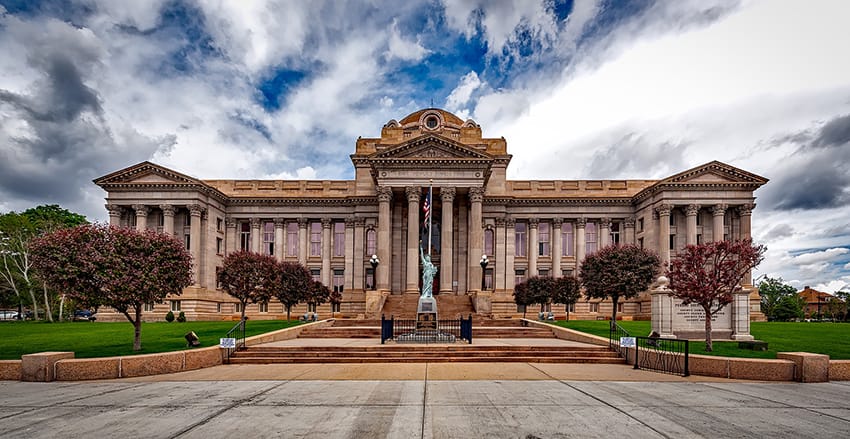 Most people are familiar with the possibility of being called for jury duty. As part of our civic duty, American citizens participate in jury duty and become part of the legal system. Jurors are given the opportunity to observe, participate in, and facilitate jury trials.
Most people are familiar with the possibility of being called for jury duty. As part of our civic duty, American citizens participate in jury duty and become part of the legal system. Jurors are given the opportunity to observe, participate in, and facilitate jury trials.
Juries, as a group of citizens who are usually unfamiliar with the law, may need assistance during the trial to understand legal terms or how to apply legal ideas to the facts in a case. Judges can offer this help by educating the jury on procedural rules of law or legal definitions. This helps jurors better comprehend the mechanics of trial. However, any statements made or instruction given to jurors must be highly transparent. Each side’s attorney generally must be allowed to be involved in any communication made to juries. Any “private” conversations among judge and jurors may raise doubt or suspicion, and can even cause a mistrial. The New Jersey Supreme Court made this exact decision in Davis v. Husain, A-4524-15T2 (N.J. Mar. 1, 2019).
The case of Davis v. Husain, decided in March, was originally filed in 2007, when the plaintiff Davis sued for sexual harassment and a hostile work environment against her then employers, Dr. Kheny and Dr. Husain. She claimed that they made sexual comments and physically touched her in the office. Dr. Kheny settled the dispute outside of court, while Dr. Husain’s complaint led to a jury trial. The jury decided in favor of Davis and awarded her $12,500.
After the verdict was rendered, the presiding judge over the case held an ex parte or private meeting with the jury. One of the jurors “passionately” stated that Husain had not placed his hand on the Bible when he was sworn in for his testimony (much discussion was made that it was likely because of Husain’s own religious beliefs). Husain’s lawyer later claimed that this juror’s comment and opinion, made only in the presence of other jurors and the judge, may have unduly influenced the rest of the jurors and sought a new case.
The case reached the New Jersey Supreme Court. It reviewed prior cases of ex parte conversations between judges and jurors and stated that an impartial jury is a critical part of any fair trial. The Supreme Court stated that the comment made by the juror raised some suspicion of religious prejudice, and that it was unclear whether the other jurors were tainted by this juror’s statement and opinion.
The Court also looked at the nature of ex parte conversations. It stated that generally, there is no reason for allowing ex parte communications about jury deliberations once a verdict has been made and the jury has been discharged. Instead, any statement of gratitude to juries for their service should be done in open court and in the presence of each parties’ lawyers Ex parte communications should only be allowed where it is necessary to avoid a gross injustice.
Ultimately, the Court held that the only way to ensure that there was no injustice was to grant a new trial. Private communications between a judge and jurors are almost never appropriate.

